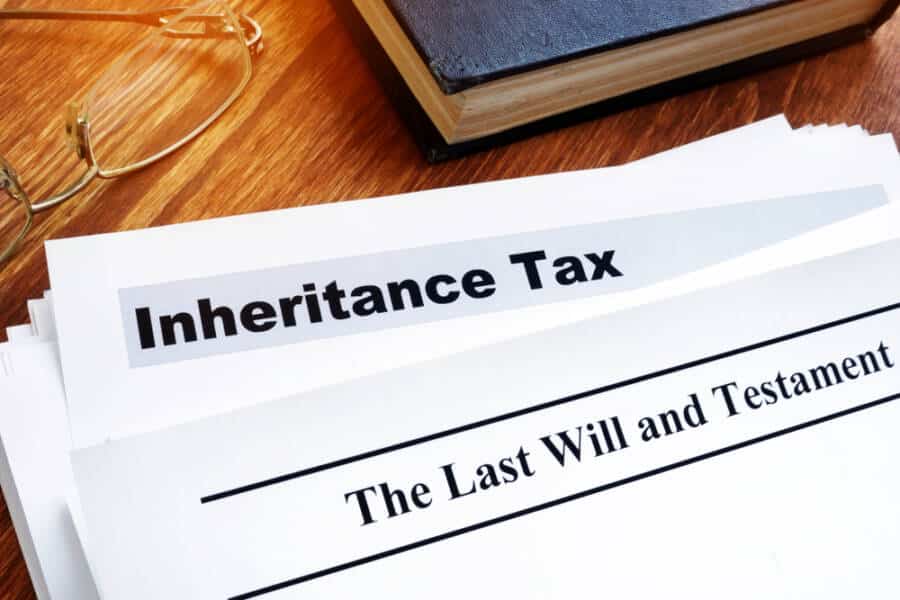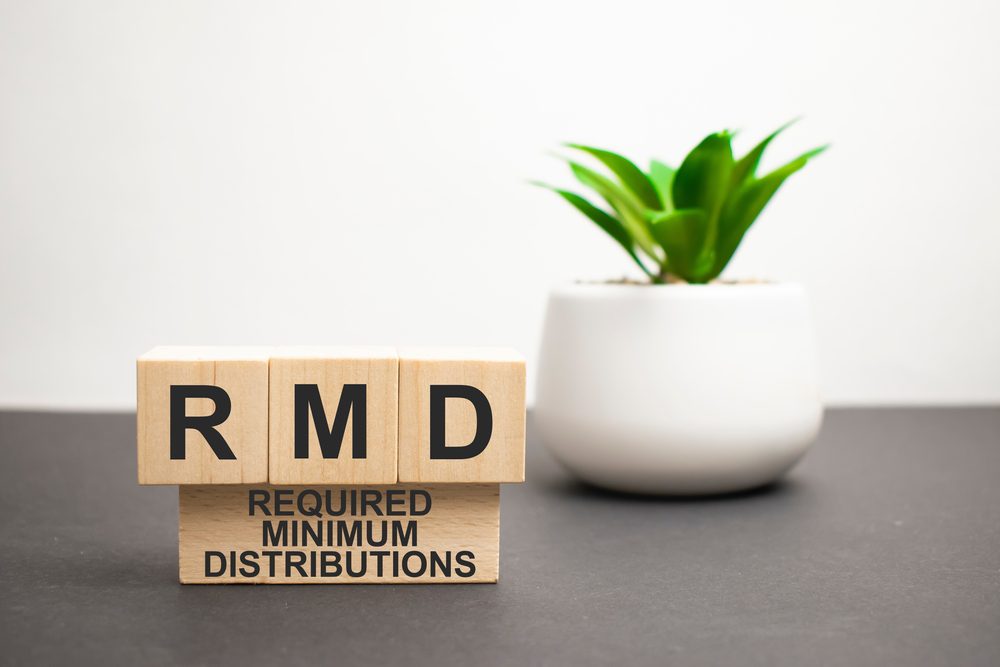Is it true that the government is stealing from retirees? Check out the answer here!
Is the government stealing from Americans? This is one of those questions that people keep asking, and it has even become a conviction among many of them.
But it is true that at both the state and federal levels, there are some quiet claims on your money that many do not expect.
It is not that the government is taking your money for no reason, but rather that people do not expect or know about these types of taxes, and they feel cheated once they retire.
After all, you have spent years building your egg nest, and then someone is trying to come and take a cut from it! We would be upset at the notion too!
If you want to see how Uncle Sam is taking yet another piece of the pie even when you are retired and how you can start to prepare for these cuts, we have your back!
We have gathered some of the sneakier ways in which the state and federal governments are laying claim to your money in this article!
Were you aware of these claims? Do you have any first-hand experience with them? Let us know in the comments below!

1. High Medicare premiums.
When it comes to Medicare premiums, a lot of them end up sneaking up on people when they least expect it.
Especially if you have a higher income, the premiums associated with Medicare are going to be set and changed according to MAGI (modified adjusted gross income).
If you end up making too much money in their eyes, you can end up having premium plans skyrocket when it comes to adjustments.
The MAGI thresholds for 2024 are:
- $206,000 for joining filers who are married;
- $103,000 for any other status on your tax files.
If your MAGI ends up going over these thresholds, then you can expect to have a high Medicare premium, which could be anywhere between $244.60 and $594, depending on the exact amount of your MAGI. No matter how you look at it, it is higher than the standard premium ($174.70).
What’s more, do not think that only those deemed “rich” end up having to pay more due to their income.
The required minimum distributions (RMDs) that you take when it comes to 401(k) plans or traditional IRAs (and even both if you have both) are going to factor in when it comes to your income, so this premium increase can sneak up on you easily.
The good news is that Roth IRAs are not subject to RMDs, so if you have a good chunk of your nest in this type of account, you can rest assured that this income will not trigger high premiums.
However, this is just one of the sneaky ways in which the government ends up taxing you more without you even realizing it!
2. Social Security benefits are taxed.
Like it or not, Uncle Sam has been taking a part of your payroll taxes in order to help fund Social Security and help those who do not have as much.
And while a lot of us are hoping to be able to make use of these benefits come retirement, there is a catch that is associated with them.
A portion of Social Security benefits can end up subject to taxes, and you may not have factored that amount into your financial plan.
How you can tell if you are going to be taxed on Social Security benefits is based on how much retirement income you have coming in. And if it passes a threshold, you can end up having up to 85% of that income tax.
Based on what was said by the Social Security Administration, individual filers who end up having an income anywhere between $25,000 and $34,000 (that is, combined income) can end up paying up to 50% of their benefits taxed.
If our combined income is above $34,000, then the percentage can end up being increased to 85%.
For joint filers, the thresholds are $32,000 to $44,000 for 50% of benefits being subjected to taxes and over $44,000 for the 85% chance.
Keep an eye out, though, as there are states that end up taxing Social Security benefits and some that do not, so those tax calculations have gotten harder.

3. Be careful of state-based estate and inheritance taxes.
Knowing that the government will not stop reaching into your pocket even after years of working diligently to amass a financial legacy must be the metaphorical nail in the coffin.
Yes, if you have thought of opening an estate or are thinking about how you can leave your loved ones their inheritance, you need to be careful about the laws regarding these types of arrangements in your state.
More than a dozen states either have inheritance or estate taxes, with some of them having both of them enforced, so it does not matter which one you opt for.
When it comes to estate taxes, they will be based on the total value of all your valuable assets at the time of your demise, minus the deductions.
The inheritance tax is based on the people who are going to inherit your assets. As an example, your spouse may not have to pay any taxes on any money they inherited from you, but anyone else, including your kids, would have to pay up.
However, not everything is truly bleak. Estate taxes are not going to kick in unless your estate is equal to or over the sum of $1 million, which is not an easy sum to leave over to your loved ones.
Likewise, income taxes are not that steep, but they are dependable on the amount and the receivables.
Despite this, it is good to be prepared and know about these things so that you do not end up causing an issue for the loved ones you want to help, even after your passing.
If you have been interested in setting up an estate and seeing how you can safely organize your assets, this book on the matter will explain and help you through all the hurdles you can end up battling, including legal fees, for a seamless process.

4. Some RMDs will increase over time.
We have talked about the way RMDs can affect your Social Security benefits, but what many forget about is that there is going to be an increase over time in percentages.
While it helps to differ taxes between 401(k)s and traditional IRAs, the taxes on those withdrawals are going to come back for you.
The catch is that the longer you live, the more you will have to pay when it comes to making withdrawals.
The IRS uses a life expectancy calculator and your account balance to calculate the RMD you will need to make that year.
One expert explained that the RMD percentages increase based on your age, so the older you are, the more you will have to pay. For example, if you are 70 and a half and your RMD balance is $1 million, then the RMD would be less than $40,000. For the same account at age 90, the RMD would be closer to $90,000.
Keeping in mind the amounts that increase the taxes on your Social Security benefits and the taxes on these withdrawals, you can expect to lose a good chunk of this money to taxes.
One way to divert from a traditional IRA and spare these taxes is to convert it to a Roth IRA account. Yet, this financial strategy is not going to work for everyone.
A good way to see if you should make this move is to talk with a financial advisor so you can make the best choice.
It is not that the state is stealing from retirees, but rather that you should be careful about your income and taxes so that you are not surprised. Likewise, it would help if you did not fall for some of these retirement myths that are floating out there. Check them out here, and make sure you do not believe them!










